TAX APPEALS IN GHANA: “MONETIZING THE RIGHT TO JUSTICE”
- Aug 18, 2020
- 0 Comments
By Bobby Banson Esq. FCIArb[1]
-
INTRODUCTION
…’’If we never do anything which has been done before, we shall never act anywhere. The law will stand still whilst the rest of the world goes on and that will be bad for both.’’ LORD DENNING
Nations develop on the payment of taxes by citizens and non-residents who are subject to the payment of tax in the countries in which they either reside, derive, or spend their earnings.
In Ghana, the State institution in charge of the assessment, collection, collating and assessment of taxes is the Ghana Revenue Authority (“GRA”). GRA’s functions include identifying all taxpayers, assessing tax and levies to be paid , collecting taxes and levies such as Income Tax, Excise Tax Stamp , Mineral Royalties , Value Added Tax (V.A.T) among others. The GRA is headed by the Commissioner-General. The Authority has the mandate to issue tax assessment to taxpayers.
As one would expect, not all taxpayers are excited when they are served with tax assessment by the GRA. Thankfully, the law provides a means for dissatisfied tax payers to appeal against the assessment served on them. There are however statutory conditions which must be met before one can appeal against a tax assessment.
The purposes of this article is to (a) analyze the various statutory conditions for challenging a tax assessment; and (b) ascertain whether these statutory conditions have the potential to prevent or actually prevents dissatisfied tax payers from challenging the Commissioner General’s decision on a tax assessment on a further appeal to the High Court.
-
THE REGIME OF TAX ASSESSMENTS
The Revenue Administration Act, 2016 (Act 915) governs the administration and collection of revenue by the GRA. Section 31 of Act 915 provides that:
(1) Where a person fails to file a tax return by the due date required by a tax law the Commissioner-General may, for the purpose of section 35, appoint another person to prepare and file any information that the Commissioner-General may require, including information required by the return.
(2) The Commissioner-General shall make an assessment of the tax liability of the person as required by the tax law, including by way of adjusted assessment, and for this purpose may use any information in the possession of the Commissioner-General including information obtained under subsection (1).
(3) A tax return filed after the due date or in a manner other than that specified in the relevant tax law has no effect on a tax decision of the Commissioner-General, including an assessment made under subsection (2).
These tax assessments may be issued at the first instance by either an officer of the GRA or by the Commissioner or confirmed by the Commissioner after the same has been issued by an officer of the GRA.
-
RIGHT OF APPEAL AGAINST TAX ASSESSMENTS
As previously discussed, tax assessments are considered as the handiwork of the Commissioner-General – even though in reality, he may not have a direct hand in the raising of these assessments.
Section 44 of Act 915 provides that “A person who is dissatisfied with a decision of the Commissioner-General may appeal against the decision to the Court within thirty days of the decision.”
This is complimented by Order 54 rule 1 of the High Court (Civil Procedure) Rules, CI 47, 2004 provides that “Where in any enactment, provision is made for an appeal to be made to the High Court against a decision or order of the Commissioner the provisions of this Order shall apply to the appeal.”
-
CONDITIONS OF APPEAL
It is trite that appeals are creatures of statute and not as of right. This means that a person can only appeal against a decision if a statute provides for the right of appeal and any such person seeking to exercise that right of appeal must comply with the statutory conditions associated with exercising that right of appeal.
Akuffo Addo JSC (as he then was) held in Frimpong v Poku[2] that “A right of appeal is always conferred by statute and when the statute conferring the right lays down conditions precedent to the vesting of that right in a litigant, it is essential that those conditions must be strictly performed otherwise the right does not become vested”.
He also held in the case of Nye v Nye[3] that “no time in the history of legislation regulating appeals in this country has the legislature expressed a desire or an intention to grant to the courts even the highest courts in this country, an unlimited and unqualified power over appeals with, that is, no regard to limitations of time in which to bring appeals. The policy of the legislature has been rigidly consistent in controlling appeals by the imposition of a strict time limit.”
What are the conditions to be fulfilled to be able to appeal against a tax assessment?
Section 42 (5) of Act 915 provides that,
“An objection against a tax decision shall not be entertained unless the person has;
(a) in the case of import duties and taxes, paid all outstanding taxes including the full amount of the tax in dispute; and
(b) in the case of other taxes, paid all outstanding taxes including thirty percent of the tax in dispute. “
The Commissioner- General however has the jurisdiction to waive the requirement for the payment of all or 30% of the tax assessed.
Section 42(6) of Act 915 states that “Despite subsection (5) the Commissioner-General may waive, vary or suspend the requirements of subsection (5) pending the determination of the objection or take any other action that the Commissioner-General considers appropriate including the deposit of security.”
A further right of appeal to the High Court, created in the CI 47 also imposes conditions of an appeal.
Order 54 rule 4 (1) of CI 47 provides that “An aggrieved person who has filed an appeal against an assessment, decision or order of the Commissioner under rule 1 of this Order shall, pending the determination of the appeal, pay an amount not less than a quarter of the amount payable in the first quarter of that year of assessment as contained in the notice of assessment.”
Order 54 (2) also provides that “An appeal shall not be entertained by a Court under these rules unless the Appellant has paid the amount set out in sub rule (1) of this rule.”
The conditions of appeal set out in both Act 915 and CI 47 require the party who has been served with a notice of tax assessment to pay either all the tax assessed or 30% of the tax assessed, depending on the kind of tax that the person has been assessed on.
The question that this paper seeks to address is whether or not the conditions set out in the applicable laws are too onerous and will likely result in preventing people, with genuine challenges to tax assessments from appealing against the assessment.
-
MONETIZATION OF CONDITIONS OF APPEAL
The position of the author is that the conditions to be satisfied by a taxpayer who seeks to challenge an assessment served on him are not only onerous but to a large extent unconstitutional as it seeks to prevent persons who do not have money from seeking justice. The effect of asking a taxpayer to pay either all the tax assessed or 30% of the same before appealing against the tax assessment has the likelihood of denying the taxpayer his right to appeal against tax decisions because of their inability to meet the financial demands of the law. In other words, the effect of these onerous conditions of appeal against tax assessment is to deny taxpayers the right to access justice dues to their economic status. For instance, if the taxpayer has been wrongly assessed to pay a tax of GHC 10,000,000, that tax payer must either pay all the GHC 10,000,000 or GHC 3,000,000 to the GRA or the Court (depending on the kind of tax) before he can appeal against the tax assessment. If the tax payer’s appeal is based on the fact that he believes that he is only liable to pay tax of GHC 1,000,000.00, it means that he must look for additional GHC 2,000,000.00 to make up for the 30% payable of GHC 9,000,000 to make up for the 100% tax assessed before he can exercise his right to appeal.
What this means is that if the taxpayer does not have money; he cannot appeal against a tax assessment! Is that the intendment of the constitutional provisions securing a citizen’s right to access justice?
The jurisprudence in our legal system is to ensure that persons can assess the justice system without any hinderance or discrimination.
Article 17 of the 1992 constitution provides that ;
(1): “All persons shall be equal before the law.’’
(2):“A person shall not be discriminated against on grounds of gender, race, colour, ethnic origin, religion, creed or social or economic status.”
In Labone Weavers Enterprises Ltd v. Bank of Ghana[4], the Court held as follows:
“every person has an unimpeded access to the law courts and this basic fundamental right could only be taken away by an express provision of a Decree or an Act of Parliament provided the Act did not run counter to any provisions of the Constitution that the country might have.”[Emphasis mine]
Hayfron-Benjamin JSC in New Patriotic Party v Inspector General of Police [1993-94] 2GLR 459 at 504, said:
“[T]he framers of the Constitution, 1992 intended that the citizens of this country should enjoy the fullest measure of responsible human and civil rights. Therefore, any law which seeks to abridge these freedoms and rights must be struck down as unconstitutional.”
Adinyira JSC in applying this constitutional provision in the case of Centre for Juvenile Delinquency v Ghana Revenue Authority and the Attorney General[5]held that
“A cardinal principle of the Rule of Law is equality before the law and therefore Article 17(1) of the Constitution guarantees all persons equality before the law which includes equal access to courts in order to prosecute or defend a claim or a violation of a right. This right requires the access to be adequate, effective and meaningful.”
The respected Supreme Court Judge further held that
“The importance of the right of access to the courts lies in the fact that it enables every person to enjoy all the other fundamental human rights and freedoms enshrined in Chapter Five of the 1992 Constitution. Further, access to justice enables people who are more vulnerable to socio-economic hardships, discrimination and general human rights abuses to access and enforce their inalienable human rights. Generally, most persons face obstacles when trying to bring cases to court due to lack of access to legal aid. So that any additional impediment introduced by any arm of government that prevents a person from invoking the jurisdiction of the court and thereby results in a denial of justice is unacceptable.”
The author is not oblivious of the fact that there are other statutory provisions which regulate or limit constitutional rights. However, it has been held that any statute which seeks to limit the exercise of fundamental human rights must be considered in the light of the proportionality test.
In the case of Civil and Local Government Staff Association of Ghana [CLOSAG] v The Attorney-General and 2 Others (Suit No. J1/1/2016), Sophia Akuffo JSC (as she then was) held that ;
“Prima facie, constitutional rights and freedoms are to be enjoyed fully subject to the limits which the Constitution itself places thereon in terms of Article 12 (2)...Hence in determining the validity of any statutory or other limitation placed on a constitutional right, the question that need to be determined are:
-
- Is the limitation necessary? In other words, is the limitation necessary for the enhancement of democracy and freedoms of all, is it for the public good?
- Is the limitation proportional? Is the limitation over-broad such as to effectively nullify a particular right or freedom guaranteed by the Constitution?"
We are of the considered opinion that provisions in the CI 47 and Act 915 which limits a taxpayers constitutional right to appeal against a tax assessment is not proportional as it leads to discrimination on the grounds of the economic and financial position of the tax payer.
-
THE EXPERIENCE FROM OTHER JURISDICTIONS
In other developing countries, the statutory requirement to pay part or all the tax assessed before you can lodge an appeal against it has been struck out as unconstitutional. In Re: President’s Reference of the Constitution of Vanuata and the Broadcasting and Television Bill 1992[6], it was held that the legislature has no power to deny access to court to anyone who is aggrieved by a provision in any legislation or act of a person or institution to enforce such person’s fundamental rights and freedoms; so as to do so would be in breach of the Constitution to which Acts of Parliaments are subordinate.
In Fuelex (U) Ltd v Uganda Revenue Authority (Constitutional reference 03 of 2009) it was held that
“A law that requires one party to a civil dispute to pay 30% of the amount of money that has been determined as payable by the adverse party, places on the objector at a disadvantage. It places upon the objector a burden that the adverse party does not have to bear. Further still, it places the adverse party, this time, the tax authority, at an advantage, that is, the objector is required to pay money to it before the dispute can be entertained. It may be argued that whenever the Tax Appeals Tribunals Act finds for the objector, the Ugandan Revenue Authority has to refund the money. But usually this is too late. For an objector who does not have the 30% his/her objection, plausible however cannot be heard and therefore he/or she cannot get an opportunity to be heard. Once the opportunity to be heard is denied on account of failure to raise the 30% of the assessed tax, Uganda Revenue Authority is at liberty to recover the whole of the disputed sum whether that amount is legally owing or not and irrespective of what decision the Tax Appeals Tribunal would have made. This in my humble opinion cannot be consistent with the right to fair hearing envisaged under Article 44 of the Constitution.’’
-
CONCLUSION/RECOMMENDATION
The opinion of the author is that there is no legal justification for the statutory provisions in the Act 915 and CI 47 limiting the right of taxpayers to appeal against tax decisions. With our jurisprudence favouring equal right to justice irrespective of financial capabilities, it is high time that the subject provisions are struck off our laws. In the words of Adinyira in the Center for Juvenile Delinquency case (supra)
“I have always believed the Judiciary would aspire to enforce legislation, but where legislative abridgement of human rights and freedoms is asserted, then, the court should be astute to examine the effect of the challenged legislation.”
Be that as it may, a person seeking to appeal against tax assessment may be ordered to provide an undertaking of his ability to pay the tax assessed if the tax appeal fails. This undertaking is akin to the requirement when an applicant is successful in an application for injunction.
Footnotes
[1] [1] The author is the Lead Consultant of Smith & Adelaide Law, a boutique law firm based in Accra
[2] [1963] 2GLR 1 @ 6
[3] [1967] GLR 76 at pages 82-83
[4] [1977] 2 GLR 156
[5] (Writ No.J1/61/2018)
[6] [1993] 1LRC 141
Image Credit: Google Images


